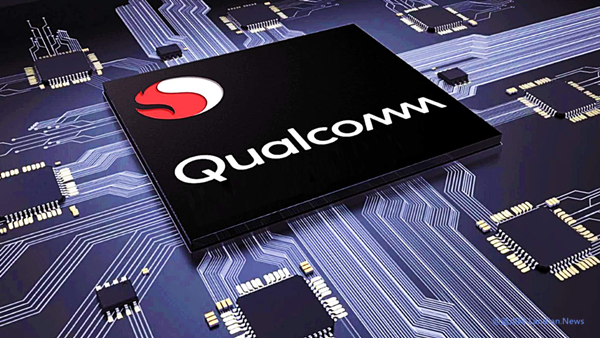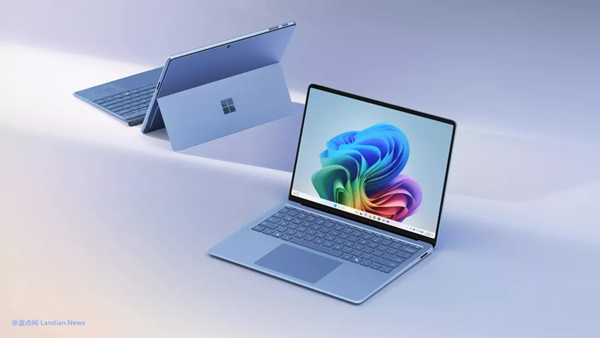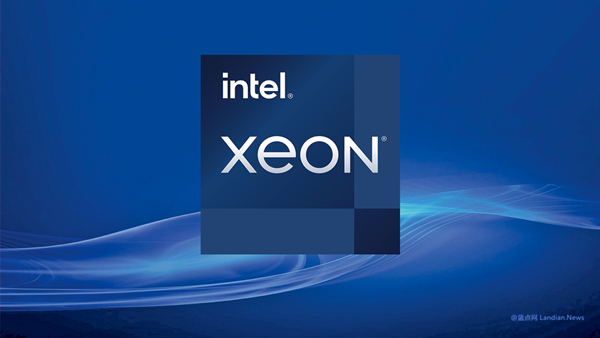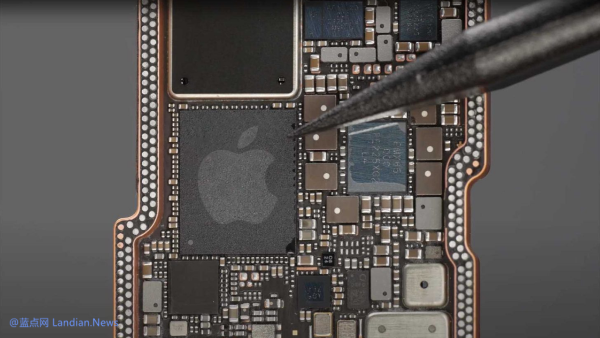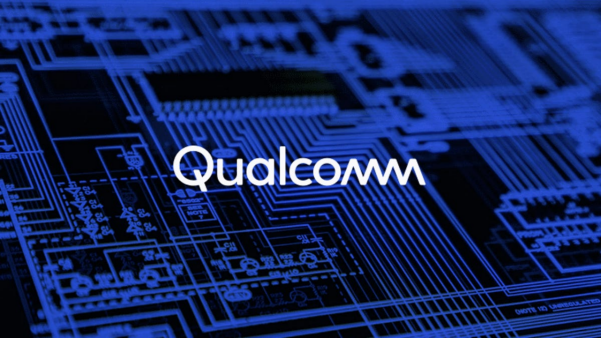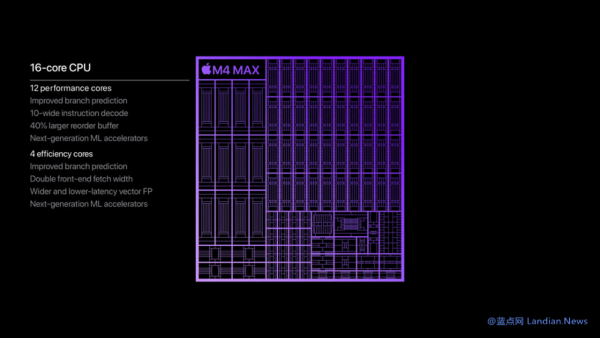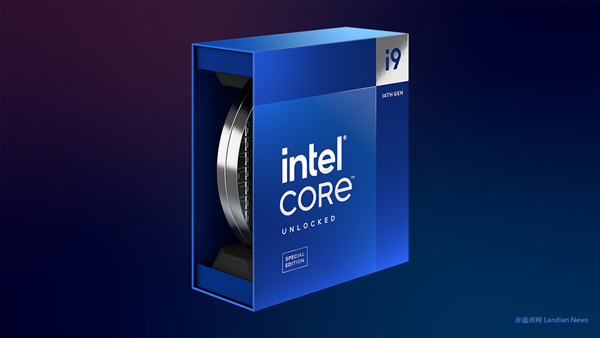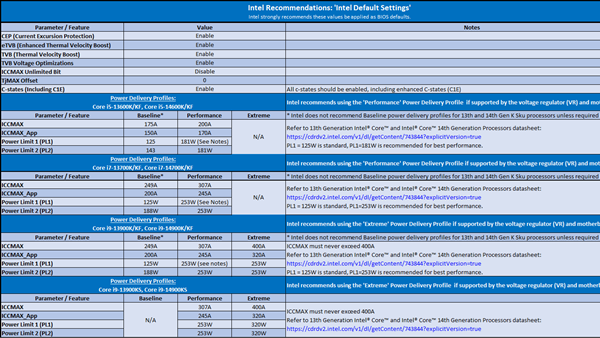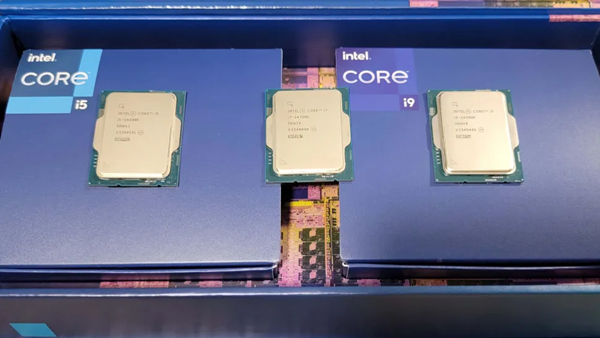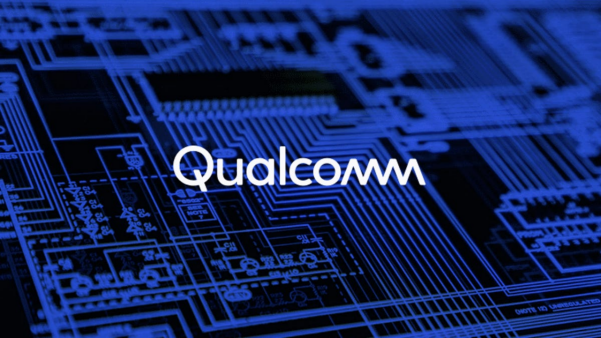Intel Considering Selling Its FPGA Chip Division, Marvell Technology Likely to Be the Final Potential Buyer
In 2015, Intel spent $16.7 billion to acquire Altera Corporation, a company primarily focused on Field-Programmable Gate Array (FPGA) processors. At that time, these programmable array processors were a hot topic in the industry, and Intel hoped to directly obtain FPGA technology and market share through the acquisition of Altera.
However, as Intel is currently facing difficulties, the company is considering selling its Altera business to obtain more cash and focus on its core business. Marvell Technology is the potential buyer for Altera.
Intel has been in a tough spot lately. After releasing disappointing financial reports that led to a significant drop in stock prices, Intel announced a layoff of about 15,000 employees, which is about 15% of its total workforce, including engineers in research and development positions.
Through massive layoffs, Intel can reduce expenses and improve its financial situation. The saved funds will also be invested in its core chip area. For this, Intel CEO Pat Gelsinger has formulated a cost-cutting plan totaling $10 billion.
Intel has also hired well-known financial firms like Morgan Stanley and Goldman Sachs to strategize for its cost-cutting plan. So, layoffs might just be the beginning, and it is estimated that Intel will consider selling businesses or downsizing business lines sequentially.
FPGA processors are semi-custom integrated circuits that can compensate for the deficiencies of fully custom integrated circuits and overcome the limitations of the original programmable logic controller's limited number of logic gates. These processors are typically used in the industrial control field.
Intel's consideration of selling its FPGA business is likely a difficult decision. In 2020, AMD spent $35 billion to acquire Xilinx, which holds more than 50% of the FPGA processor market share. If Intel sells its FPGA business, it means Intel will give up on the FPGA processor market, and it would be very challenging for them to re-enter this market in the future.

